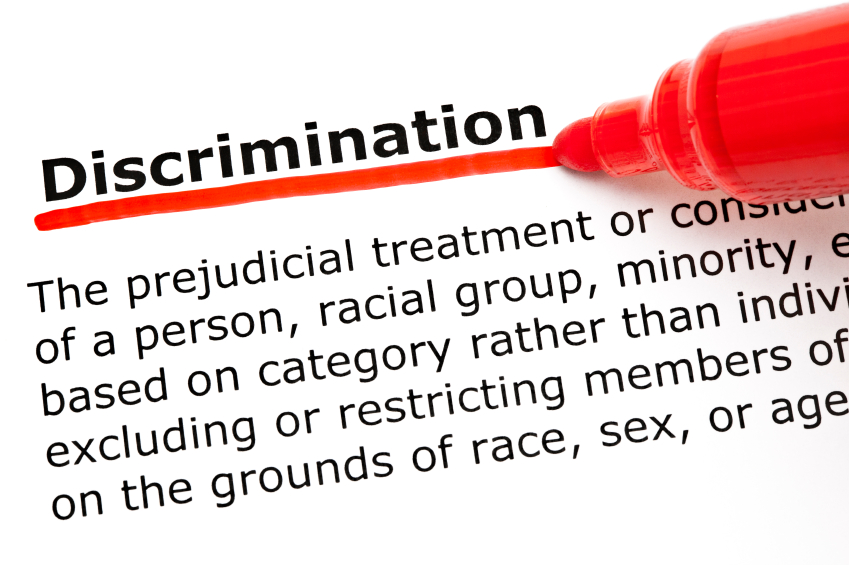Yesterday we heard from Joan Farrell, JD, senior legal editor at BLR®, about avoiding gender identity discrimination. Today we’ll take a look at exactly where laws against such discrimination exist.
 |
LGBT employment rights map: Which states prohibit sexual orientation and gender identity discrimination?
Editor’s Note: This map has been updated (January 29, 2016) to reflect the laws that have passed in New York prohibiting discrimination based on sexual orientation and gender identity.
Which states prohibit employment discrimination based on sexual orientation? Which states also prohibit discrimination based on gender identity? The LGBT employment rights map below provides a snapshot of which states around the country have enacted such laws. Below the interactive map is a listing of cities and municipalities that have similar prohibitions.
Note: The map is best viewed using Firefox or Chrome. If you are using Internet Explorer or are otherwise having trouble viewing the interactive map, here is a static version:
 |
Click here to view the full map.
For many states where there are no state laws prohibiting employment discrimination based on sexual orientation or gender identity, there are a number of cities and municipalities that have passed such legislation. Below is a partial list of these cities and municipalities. Those that only specifically prohibit sexual orientation discrimination (and do not expressly refer to gender identity) are indicated with an asterisk.
- Phoenix, Arizona
- Miami, Orlando, and Palm Beach, Florida
- Atlanta*, Georgia
- Bloomington, Evansville, Fort Wayne*, Indianapolis, and Marion County, Indiana
- Covington and Lexington/Fayette County, Kentucky
- New Orleans, Louisiana
- Detroit, Michigan
- Kansas City and St. Louis, Missouri
- Omaha*, Nebraska
- Cincinnati, Ohio (sexual orientation and “transgendered status” protected)
- Philadelphia and Pittsburgh, Pennsylvania
- Austin, Dallas, El Paso, Fort Worth, Houston, and San Antonio, Texas
- Alexandria* and Arlington*, Virginia
Meanwhile, states such as Montana and Ohio prohibit sexual orientation discrimination by state employers only.
Likewise, although not all states that prohibit sexual orientation discrimination have state laws that prohibit discrimination based on gender identity, some cities in those states in the map above have laws that specifically prohibit gender identity discrimination, such as Madison and Milwaukee, Wisconsin.
So, it’s important to be aware of any laws or ordinances in your own backyard, as well as in your state!
The laws are constantly changing, even when it comes to employee handbooks. It’s important to make sure you are staying compliant. How to get there? Fortunately there’s timely help in the form of BLR’s new webinar—Employee Handbooks: Key Updates, Drafting Tips, and Enforcement Advice for 2016. In just 90 minutes, on Tuesday, March 22, you’ll learn everything you need to know about the latest laws concerning employee handbooks.
Register today for this interactive webinar.
By participating in this interactive webinar, you’ll learn:
- 2016 handbook components and policies you MUST include and some you may consider
- Changes in federal laws and regulations that drive employee handbook updates
- Dress code and grooming policy updates you should make
- Social media privacy and usage policies in light of NLRB scrutiny and agency guidance
- The difference between flexible and absolute language in the employee handbook
- BYOD (bring your own device) policies covering cell phone and tablet usage
- Your obligation to make personnel records available for inspection and how to update your handbook
- How long you should keep the old version of your employee handbook
- Tips for communicating handbook changes
- And much more!
Register now for this event risk-free.
Tuesday, March 22, 2016
1:30 p.m. to 3:00 p.m. (Eastern)
12:30 p.m. to 2:00 p.m. (Central)
11:30 a.m. to 1:00 p.m. (Mountain)
10:30 a.m. to 12:00 p.m. (Pacific)
Approved for Recertification Credit and Professional Development Credit
This program has been approved for 1.5 credit hours toward recertification through the Human Resource Certification Institute (HRCI) and 1.5 credit hours towards SHRM-CPSM or SHRM-SCPSM.
Join us on Tuesday, March 22, 2016—you’ll get the in-depth Employee Handbooks: Key Updates, Drafting Tips, and Enforcement Advice for 2016 webinar AND you’ll get all of your particular questions answered by our experts.
Train Your Entire Staff
As with all BLR®/HR Hero® webinars:
- Train all the staff you can fit around a conference phone.
- Get your (and their) specific phoned-in or e-mailed questions answered in Q&A sessions that follow the presentation.
